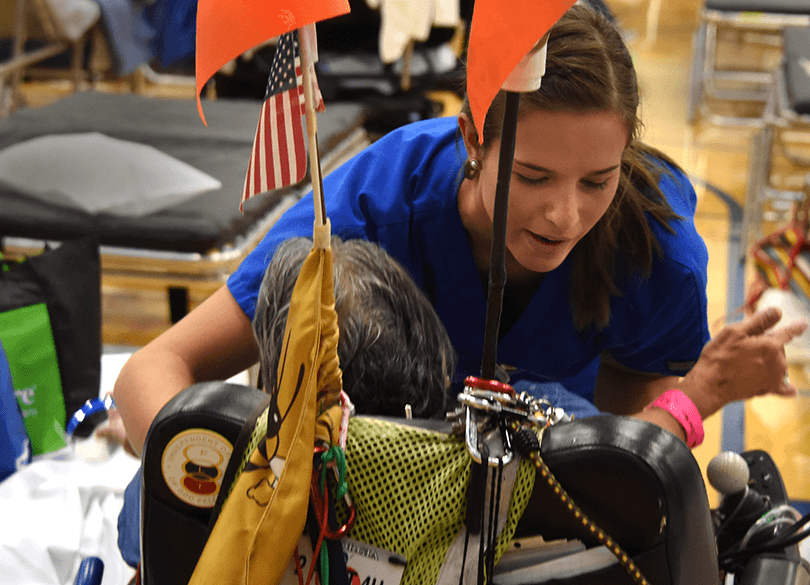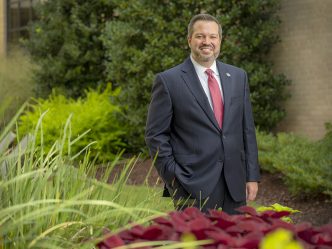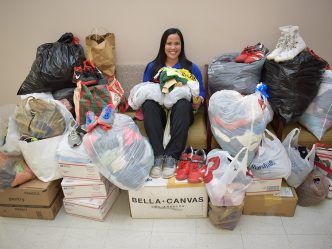Though most of the images to come out of the volunteer effort during Hurricane Irma consisted of people directly interacting with evacuees, not every volunteer had that kind of hands-on experience with those displaced from the destructive storm.
With 2,000 evacuees spread across seven Augusta area shelters, coordination was a major need, and for Teri Mobley, director of outreach, that role was a perfect fit.
“It was an exercise in coordination,” she said. “I’m not clinical, so I can’t physically go out and help the evacuees acclimate to the various environments, but I was able to use my skill set to put people in the right place.”
Mobley worked at the Incident Command Center (ICC), reviewing the volunteers and comparing them against the current needs. If a shelter needed a nurse from 12—4, she would comb through the list of volunteers and match the available nurse to the time.
With the creation of the Medical Reserve Corps, volunteer coordination will be even more efficient during the next event. A partnership between the Office of Critical Event Preparedness and Response and the Office of Volunteer Services and Engagement, the MRC offers a streamlined approach to disaster volunteer onboarding, taking care of training and administrative requirements well ahead of the disaster event.
For Mobley, who had never volunteered during a disaster before, the experience was rewarding.
“It was really fulfilling,” she said. “The need was so vast, and it was inspiring to see the very generous nature of everyone volunteering.”
Something personally heartwarming for Mobley was the fact that the person relieving her after her shift at the ICC was done was her daughter, Arden Mobley, an Augusta University master’s student in Occupational Therapy.
According to Mobley, that’s proof that you don’t you need to have any kind of specialized training to be a good volunteer.
“She was a new college graduate at that point,” Mobley said. “She was tentative at first, but they ended up loving her, and it was great for her to have that experience and to be a part of helping people.”
Make a difference in your community.
Learn more about the Augusta University Medical Reserve Corps and how you can help in a crisis.
 Augusta University
Augusta University




